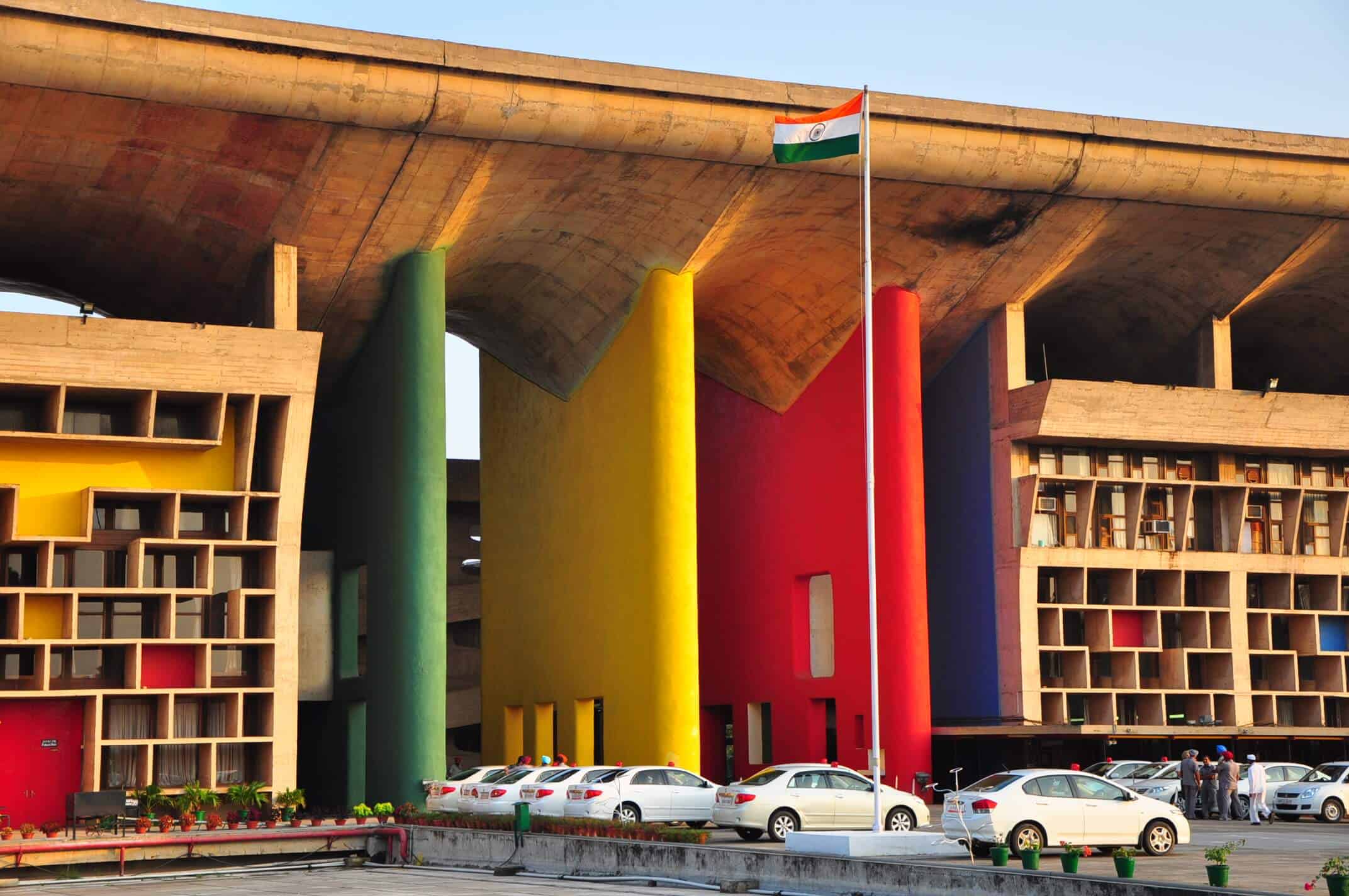The purpose of maintenance under the Protection of Women from Domestic Violence Act (DV Act) is to uplift victims of domestic violence, and it has less to do with sending “aggressors” to jail for not paying maintenance, observed the Delhi High Court recently.
The Court made the observation while ruling that persons cannot be summoned by a trial court under Section 31 of the DV Act for a failure to pay maintenance ordered by the court under Section 20 of the Act.
Justice Swarana Kanta Sharma explained that Section 31 only deals with breaches of “protection orders” which is different from the “monetary” relief of maintenance under Section 20 of the Act.
“Court is of the view that a person cannot be summoned (by a criminal court) under Section 31 of PWDV Act for non-compliance of monetary order such as order for payment of maintenance passed under Section 20 of PWDV Act,” the Court proceeded to conclude.
Pertinently, the judge further observed that the DV Act is not aimed at sending aggressors to prisoners straightaway for a lapse in paying maintenance.
“The aim of the Act was, therefore, to provide for protection, rehabilitation and upliftment of victims of domestic violence, in contrast to sending the aggressor to prisons. In other words, the purpose behind enforcement of monetary orders would be to provide monetary sustenance to the victim, and not the incarceration of the aggressor. The idea is not to immediately initiate criminal proceedings against the aggressor i.e. respondent as defined in the Act for non-payment of maintenance and to send such person to prison forthwith,” the order stated.
It explained that there are other specific remedies prescribed for a failure to pay monetary relief or maintenance under the DV Act.
For salaried persons or persons who are owed money by others, the monetary relief can be recovered either from the employer or debtor, the Court noted.
In other cases, the aggrieved person is expected to pursue remedies under the Code of Criminal Procedure (CrPC), the Court added.
It, therefore, quashed a March 2019 order passed by an additional sessions judge summoning a man (petitioner) under Section 31 (1) of the DV Act for allegedly failing to pay interim maintenance to his estranged wife.
The wife had earlier filed a criminal case against the petitioner alleging dowry harassment, causing insult and hurt in 2016.
The wife later also initiated proceedings against the husband/ petitioner under the DV Act and secured an order directing him to pay maintenance of ₹45,000 to the wife and ₹55,000 to their daughter.
Later, the wife alleged that the petitioner was not paying this maintenance amount and sought to initiate a criminal case on that ground.
After the wife filed a plea for the same, the trial court passed an order summoning the petitioner before the court citing Section 31 of the DV Act.
This summons was challenged by the petitioner before the Delhi High Court.
The petitioner argued that the wife’s grievances which concerned the non-compliance with an order for interim maintenance under Section 20 of the DV Act (related to monetary relief) read with Section 23 (pertaining to interim relief), could not have led to a summons under Section 31.
Section 31 only pertains to breaches of protection orders and does not encompass violations related to monetary reliefs, the petitioner argued.
The wife countered that there was no infirmity with the summoning order and that the petitioner had failed to pay any maintenance despite clear orders from the trial court.
The High Court, however, found merit in the petitioner’s submissions.
It pointed out that non-compliance with orders for monetary relief has to be dealt with as per Section 20(6) of DV Act and the relevant provisions of the CrPC.
Section 31 of the DV Act exclusively deals with the breach of protection orders or interim protection orders, the Court said.
An order granting maintenance or monetary relief cannot be interpreted to fall within the ambit of the term “protection order” as used in Section 31 of the Act, the Court added.
Therefore, the Court allowed the husband’s petition and quashed the trial court order summoning him under Section 31 of the Act.
Advocates Prabhjit Jauhar, Gautam Panjwani, Neeraj Jain and Himanshi Nagpal represented the petitioner.
Senior Advocate Gaurav Bhatia and Advocates Utkarsh Jaiswal, Vikas Tiwari, Shubhangi Negi and Pawan Shree Agrawal represented the respondent.
Source Link




